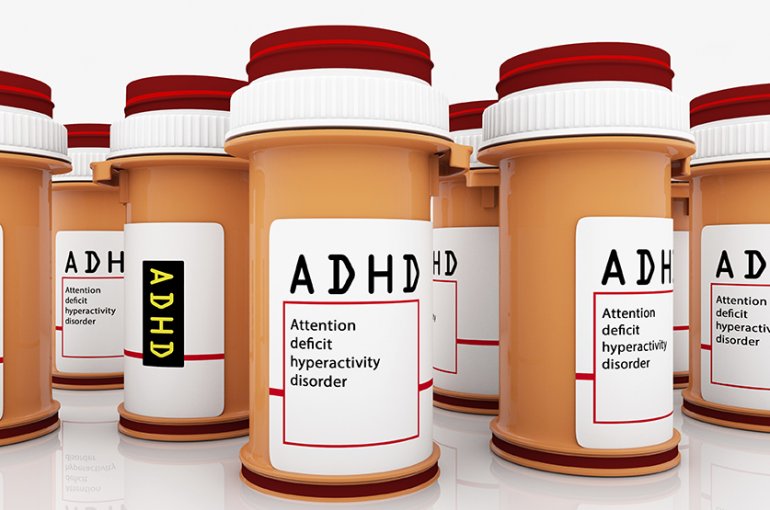20 Percent use ADHD medicines teens for non-medical reasons
Research involving 777 secondary school pupils in Utrecht

An estimated one fifth of all secondary school pupils in the Netherlands who take ADHD medicines use medication like methylphenidate (Ritalin) for non-medical reasons, such as to improve performance during examination periods. Other reasons for non-medical use of these medicines include stress reduction, socialising and getting high. This was the conclusion of a study conducted at Utrecht University, reported in the Pharmaceutisch Weekblad this week. According to the researchers, no exact data is available regarding the non-medical use of ADHD medicines by middle school pupils in the Netherlands.
This research into the use of stimulants, such as ADHD medicines, drugs and alcohol by secondary school pupils was conducted last year at six schools in the province of Utrecht. A total of 777 young people aged 11 to 19 filled in the online questionnaire.
11,000 'recreational' users
6 percent of them had used ADHD medication. Nine users indicated that they had not received the medication via a doctor’s prescription. According to researchers Dr. Ellen Koster, Lydia de Haan, Prof. Marcel Bouvy and Dr. Rob Heerdink, extrapolation of these figures for all secondary school pupils in the Netherlands leads to a possible 11,000 ‘recreational’ users of ADHD medicines, which is 20 percent of all users. The percentage of non-medical users would probably be even higher if adults and younger children were also to be included. The figures from this study show that the prevalence of recreational use of ADHD medication is lower in the Netherlands than in the United States and Canada, where previous studies have been conducted among students of secondary schools and higher education.
Not representative
Researchers at Utrecht University note that the respondents to the survey were primarily young people from ethnic Dutch backgrounds (96%), the majority of which had senior secondary vocational education (HAVO - 23%) or university preparatory education (VWO - 42%). This indicates that the survey results are not a representative selection of Dutch secondary school students. Other studies have shown that people with lower levels of education are more likely to use drugs, so there is a higher likelihood that this group will include recreational users of methyphenidate.
Tobacco, alcohol and drugs
Most young people (almost 80%) stated that they had used medication at least once in the past, varying from antibiotics treatment and contraception pills to inhalation medication for asthma symptoms. 6% of the respondents stated that they had used ADHD medication. Most of these had received a prescription from a doctor; nine stated that they had used the medication without a prescription. Users of ADHD medication (both with a prescription and recreational users) are also more likely to use tobacco, alcohol and drugs than young people who do not use ADHD medication.
Significant increase in use
Over the past few years, the use of medication for ADHD (Attention Deficit Hyperactivity Disorder) has risen significantly among children, teenagers and adults. The disorder is characterised by difficulty concentrating, anxiety (both mental and physical) and impulsive behaviour. Patients are treated with stimulants to help them concentrate better at school and become calmer, making them less easily distracted and reducing their need to seek out stimulating impulses.

